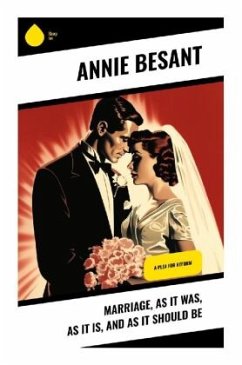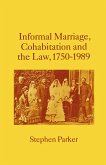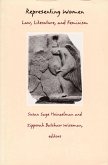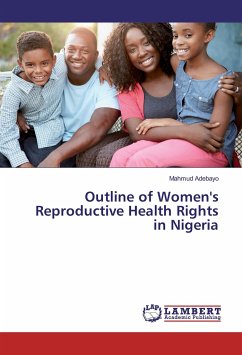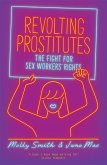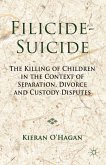Annie Besant's seminal work, "Marriage, As It Was, As It Is, and As It Should Be," delves into the complexities of marriage through a critical lens, reflecting the socio-cultural transformations of the late 19th century. Besant employs a rhetoric that is both persuasive and analytical, weaving together personal anecdotes, sociological observations, and philosophical reflections to explore the institution of marriage. Her argumentation not only challenges traditional norms surrounding gender roles and marital expectations but also advocates for a more egalitarian and enlightened understanding of partnership, situating herself in the broader context of the women's rights movement and the burgeoning discussion of social reform during her era. Annie Besant was a prominent British social reformer, orator, and writer, whose life experiences significantly influenced her perspectives on marriage and women's rights. Born in 1847, she was deeply engaged with issues of social justice, having transitioned from a conservative upbringing to a radical champion of women's autonomy and empowerment. Her advocacy for progressive reforms, including birth control and education for women, underscores the motivations behind her critical examination of marriage, as she sought to illuminate the often oppressive structures surrounding this institution. "Marriage, As It Was, As It Is, and As It Should Be" is a thought-provoking and essential read for anyone interested in the evolution of societal norms regarding marriage and its implications for personal autonomy. Besant's incisive critique not only provides historical insight but also prompts contemporary readers to reflect on their beliefs and practices regarding relationships. This book remains a vital contribution to discussions surrounding gender roles and marital dynamics, making it a must-read for scholars and laypersons alike.
Bitte wählen Sie Ihr Anliegen aus.
Rechnungen
Retourenschein anfordern
Bestellstatus
Storno

